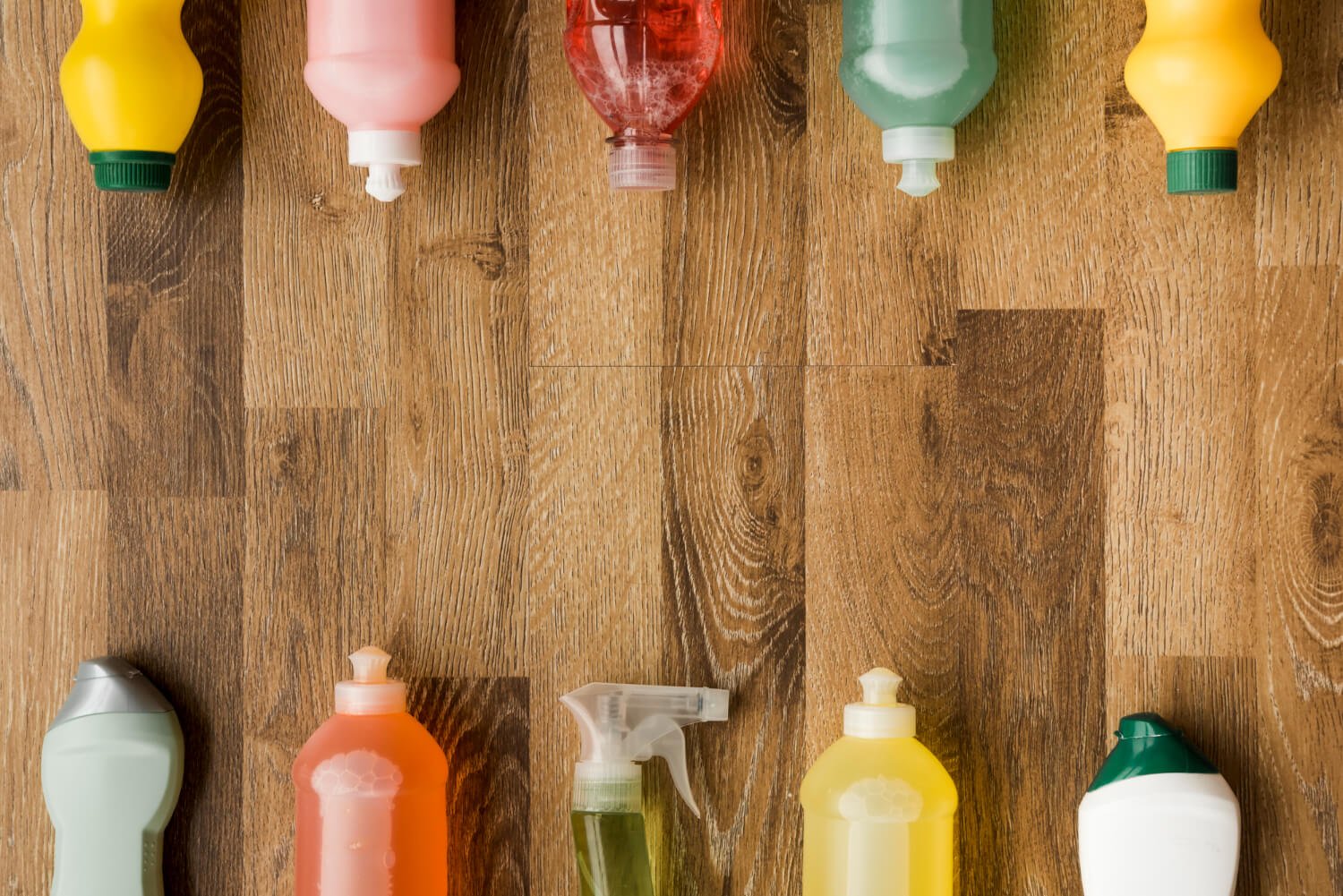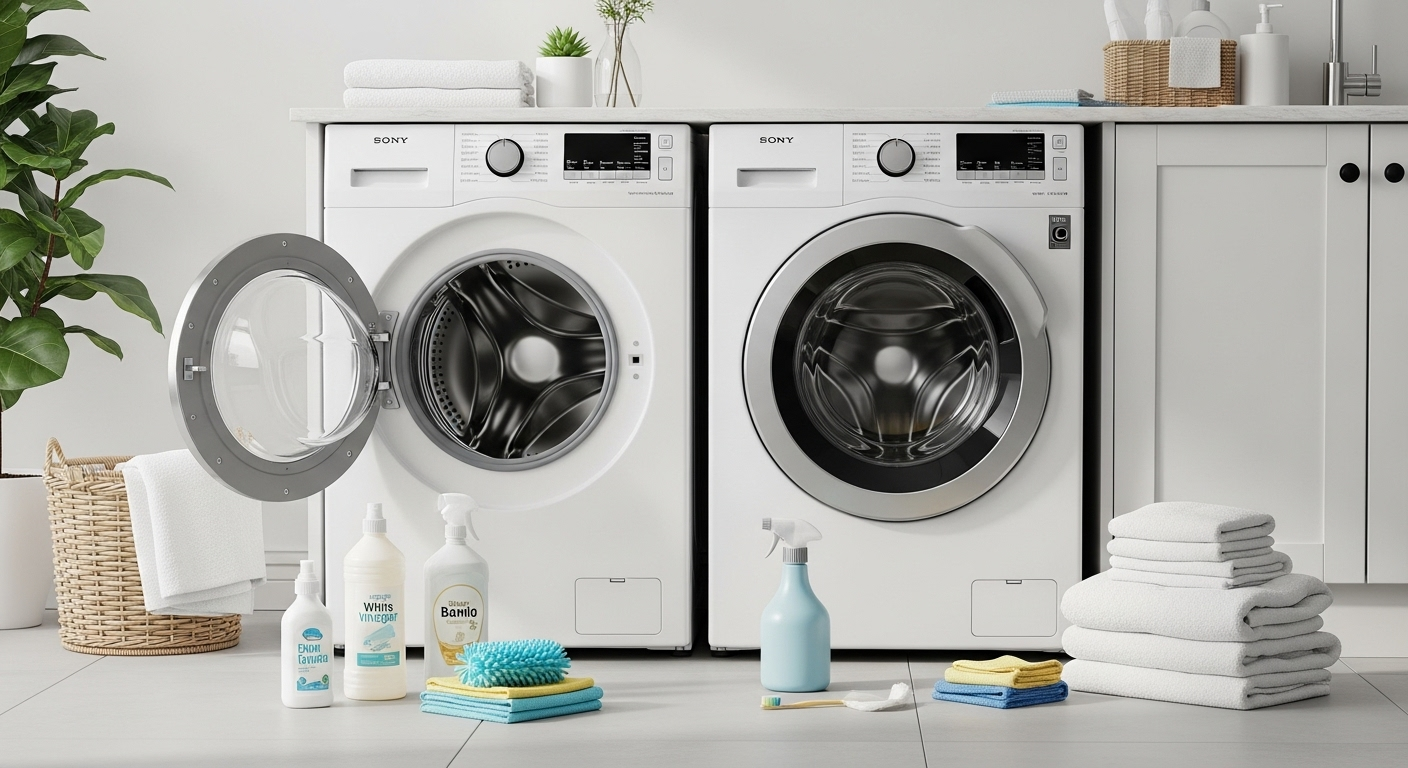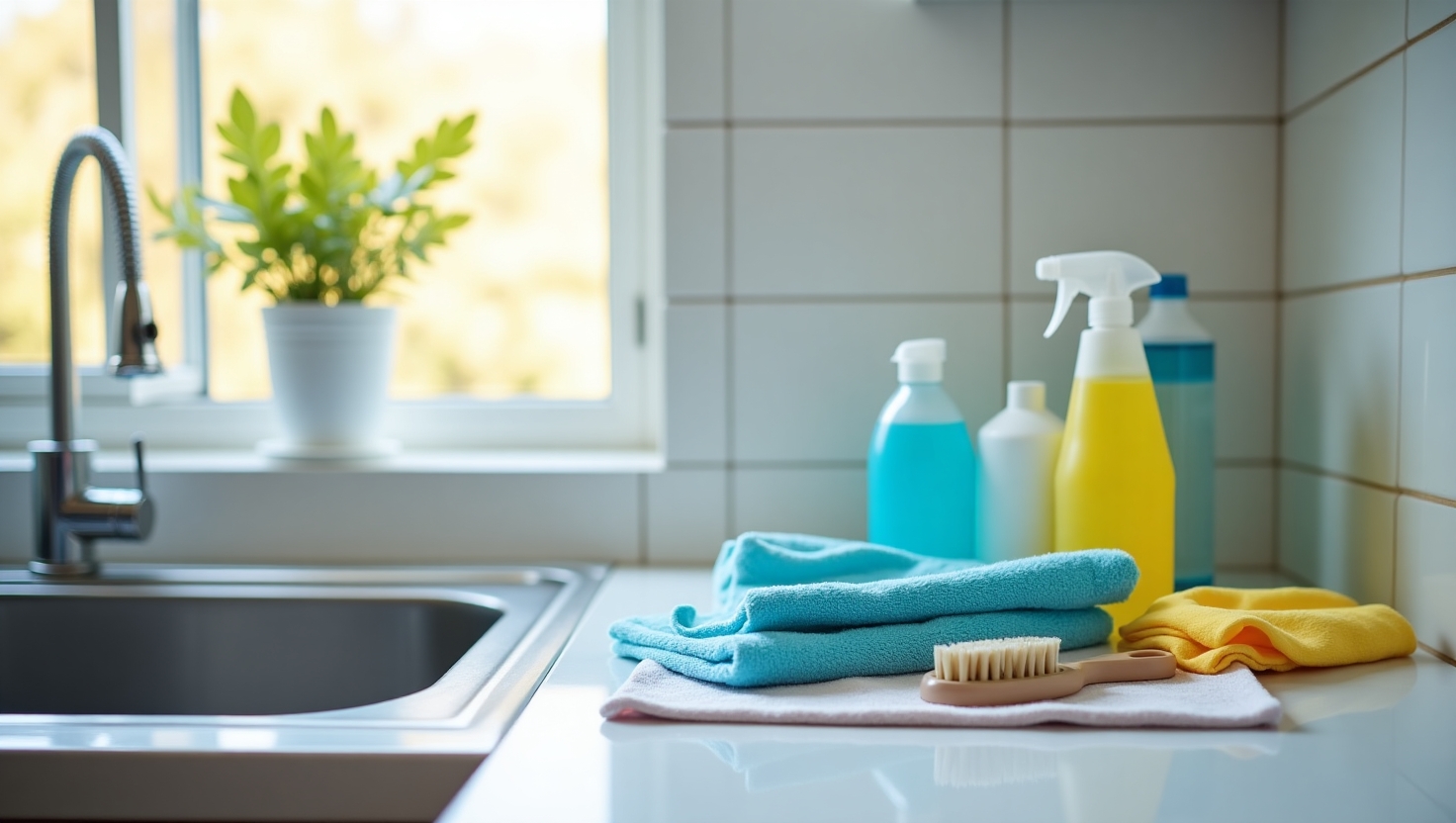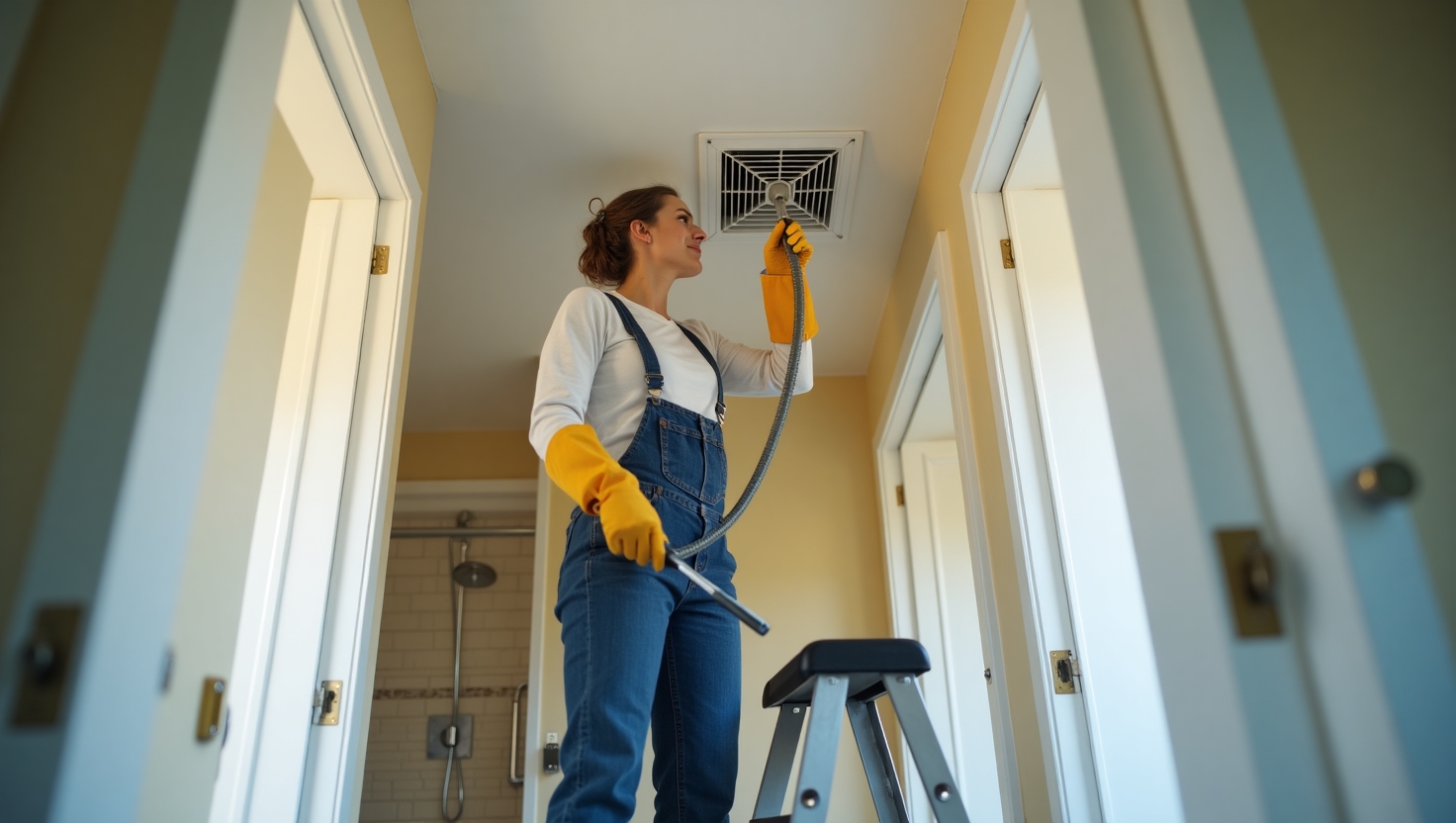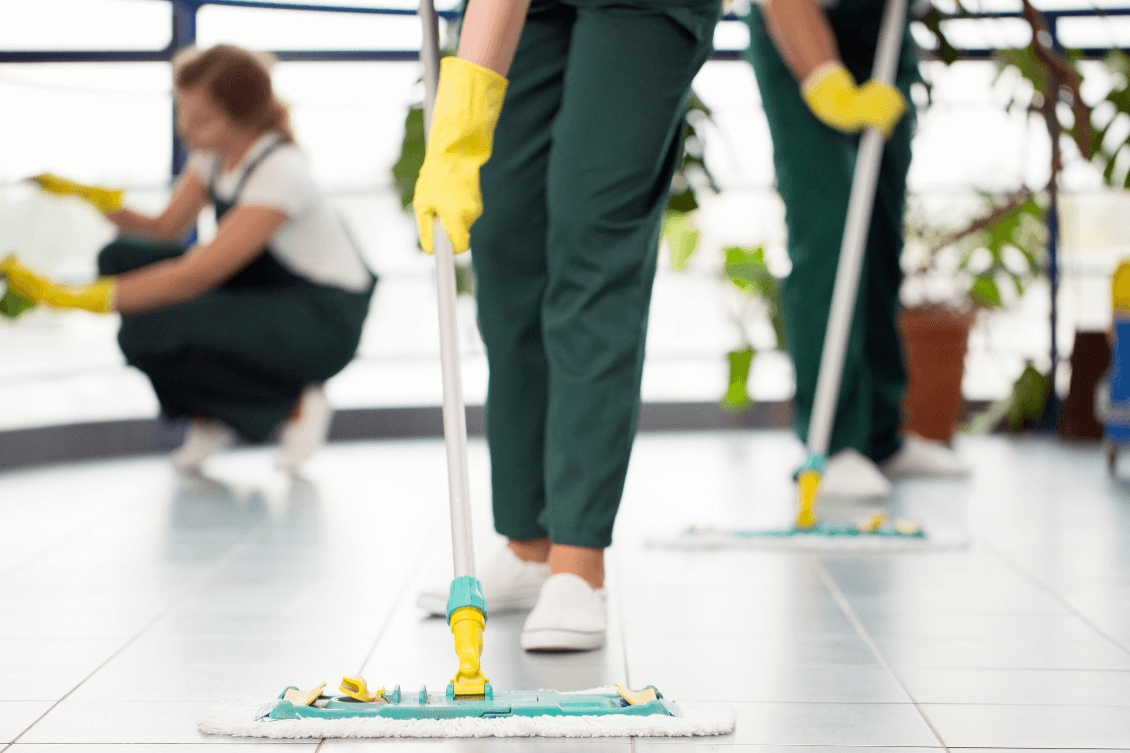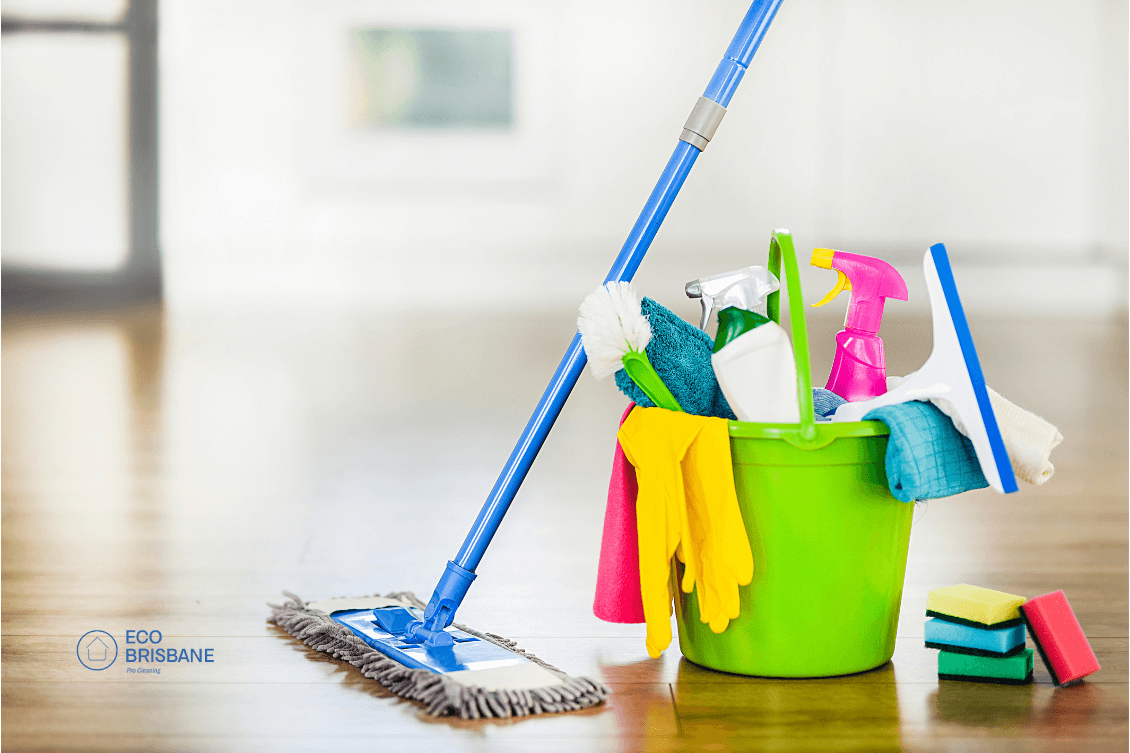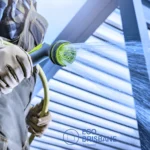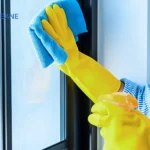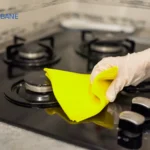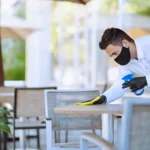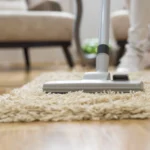Scrubbing floors until they gleam seems like the best way to get them clean. However, this can damage many flooring materials over time. Floors lose their lustre and begin to look dull. Grout gets discoloured and stained. The question arises – how can you clean floors thoroughly without destroying them in the process? This is where pH neutral floor cleaners provide the perfect solution.
Table of Contents
What Does pH Neutral Mean?
pH is a measure of how acidic or alkaline a substance is. It ranges from 0 to 14, with 7 being neutral. Anything below 7 is acidic and anything above 7 is alkaline. Most conventional floor cleaners have a pH of around 9 or 10, making them quite alkaline.
This alkalinity helps break down and dissolve dirt, grease and stains. However, it also eats away at flooring materials and finishes. Tile grout is especially vulnerable. Prolonged use of high pH cleaners can erode and pit natural stone. It also strips off coatings designed to protect floors. Over time, floors look worn and aged ahead of their time.
pH neutral floor cleaners provide a gentler way to clean without harming flooring. As the name suggests, they have a pH of around 7. This makes them non-abrasive and non-corrosive to flooring materials. Yet they still effectively remove common soils through the use of surfactants and detergents. It’s the best of both worlds – floors get clean without getting etched or damaged.
Benefits of pH Neutral Floor Cleaners
There are many advantages to using pH neutral floor cleaners rather than conventional alkaline cleaners:
- Safe for all floor types – tile, stone, vinyl, laminate, hardwood, etc. Won’t cause etching, corrosion, discolouration or stripping of finishes.
- Helps maintain the natural lustre and integrity of the flooring. Doesn’t cause pitting, fading or erosion over time.
- Less abrasive scrubbing is needed. Allows floors to be cleaned with microfiber mops and pads vs. harsh scrub brushes.
- Grout stays cleaner and brighter. Alkaline cleaners can actually stain and discolour the grout.
- More environmentally friendly. Contains less caustic ingredients than typical cleaners.
- Healthier for people and pets. Reduce exposure to harsh fumes and residues.
- Often plant-based and biodegradable. Made from ingredients like coconut and corn derivatives rather than petrochemicals.
- Extend the life of floors, reducing the need for costly repairs or replacements.
- Improve safety by reducing slippery floors. High pH residue can create slick surfaces.
As you can see, cleaning with a pH balanced floor cleaner offers multiple benefits beyond just getting floors clean. It’s the safest, most effective method.
What Makes a Cleaner pH Neutral?
pH neutral floor cleaners are formulated a bit differently than conventional cleaners. They rely more on the following types of ingredients:
- Surfactants – Compounds that help surrounding dirt and oils so they can be rinsed away. Examples are sulfonates, betaines and sultaines derived from plants.
- Detergents – Help break up and remove stubborn soil. Often plant-based or biodegradable.
- Chelating agents – Help dissolve mineral deposits and hard water stains. EDTA is a common one.
- Enzymes – Break down protein-based stains like blood, food and grease.
- Essential oils – provide pleasant natural scents using extracts from plants.
- Colorants and stabilisers – Maintain consistent performance. Often citric acid to help stabilise pH.
- Water – The main ingredient. Provides cleaning action and rinses away dirt.
These create effective cleaning actions without high alkalinity. High-quality pH neutral cleaners are formulated to be non-toxic, hypoallergenic and safe around children and pets when used as directed.
Tips for Using pH Neutral Floor Cleaners
Follow these tips to get the best results from your pH neutral floor cleaner:
- Shake well before use to disperse ingredients.
- Sweep or vacuum first to remove loose dirt and debris. This allows the cleaner to work on surface soils rather than getting caught up in grit.
- For heavily soiled floors, let the cleaner soak for several minutes before mopping. This allows surfactants time to lift dirt from the flooring.
- Use microfiber mops and pads that grab and hold more dirt than string mops. Change pads often to prevent redepositing grime.
- Work in sections and rinse the pad frequently to prevent spreading dirt around. A two-bucket system helps keep clean water separate from dirty.
- Don’t mix with other cleaners or add anything extra that might throw off the neutral pH balance.
- Rinse well after cleaning and allow to fully dry.
- For spot cleaning or tough stains, apply cleaner directly to the spot and allow time to penetrate before scrubbing gently with a soft brush or white nylon pad.
The Right Cleaner for Your Floors
There are pH neutral floor cleaners formulated for virtually any hard floor surface:
- Tile and grout – Remove soil from the textured surface of the tile and from inside porous grout.
- Natural stone – Safe for delicate surfaces like marble, granite, slate, etc. Prevents etching and corrosion.
- Hardwoods – Cleans without dulling finishes or leaving residue that can make floors slippery.
- Vinyl – Gets vinyl clean without stripping off protective layers of shine.
- Laminates – Won’t seep into seams or damage laminate coatings.
You’ll also find all-purpose cleaners intended for use on any type of hard flooring. Look for ones specifically labelled as pH neutral. Be sure to check that they are safe for your particular floor.
For routine maintenance cleaning, a pH neutral cleaner adequate for your floors is all you need. Periodically, floors may need a deeper clean to remove built-up grime or old coatings. In those cases, use a cleaner formulated for deeper stripping and restoration before switching back to pH neutral for daily cleaning.
The Factor of Water Hardness
Water hardness can impact cleaning performance. Hard water contains high levels of minerals like calcium and magnesium. These can leave streaky mineral residue on floors, especially darker grout. Minerals also react with detergents, making them less effective.
To combat hard water issues, look for pH neutral floor cleaners formulated for hard water. They will include chelating agents to help dissolve mineral deposits. Adding a water softening system is another solution for improving water quality throughout the home.
Maintaining Clean, Beautiful Floors
Caring for floors is easier with the right tools. pH neutral floor cleaners provide a safe and effective cleaning solution. They allow you to remove dirt without damaging flooring surfaces over time. Be sure to use microfiber mops, rinse pads frequently and follow other tips for good results. Contact our floor cleaning specialists at Eco Cleaning Brisbane for more advice on keeping your floors looking their best. With proper products and techniques, you can maintain clean, healthy floors for years of use.
Why Choose Us?
With over 20 years of experience, Eco Cleaning Brisbane is your trusted source for professional cleaning services throughout Brisbane. Our fully insured cleaners are experts at cleaning all types of flooring safely and effectively. We use the latest equipment and eco-friendly products. For a free quote on residential or commercial floor cleaning, call our friendly team today.
Frequently Asked Questions
✓How often should I clean floors with a pH neutral cleaner?
For light soil, clean high traffic areas every 2-3 days. Clean low traffic areas about once a week. Adjust frequency based on how quickly floors get dirty.
✓Can I use vinegar and water as a DIY pH neutral cleaner?
Vinegar is acidic with a pH around 2-3, so it is too low for regular use. It can be used occasionally for deep cleaning.
✓Is it okay to mix different pH neutral floor cleaners?
It’s best to avoid mixing different cleaners. Ingredients could react and alter the pH and performance.
✓Should I rinse floors after cleaning with a pH neutral cleaner?
Yes, it’s important to rinse with clean water to remove all dirt and residue. Floors can be slippery if cleaner is left to dry on the surface.
